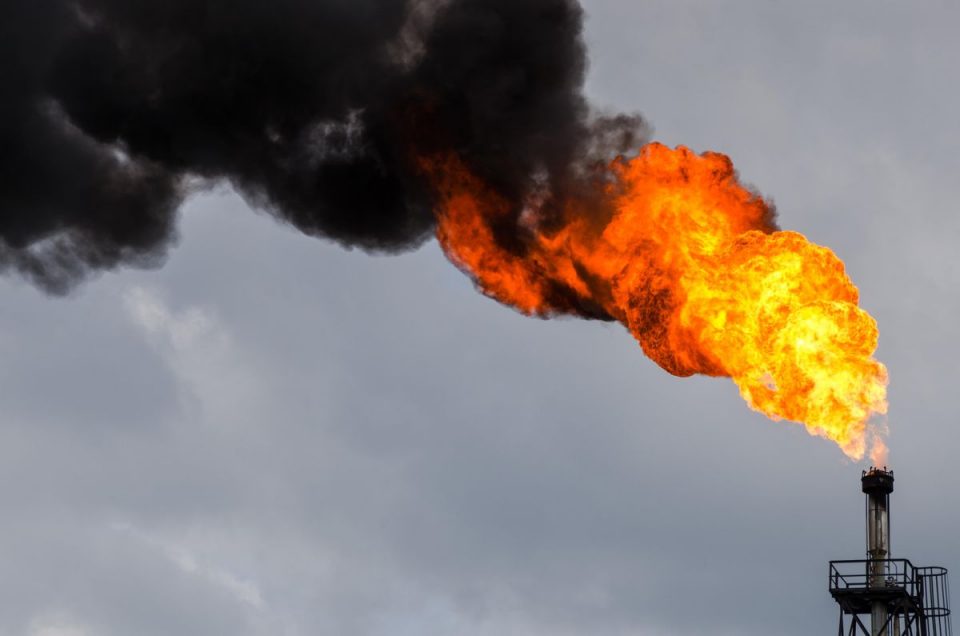The impact of climate change on asset prices is currently contained but could lead to a sharp fall on prices says a report from the Financial Stability Board (FSB), a consultant to the G20.
“This could have a destabilizing effect on the financial system, including in the relatively short term,” warns the FSB whitepaper.
The authors also caution a disorderly transition of a low carbon economy could be destabilizing.
Together, the direct impact of climate change and the transition to a low carbon world may have irreversible effects far reaching in their breadth and magnitude impacting, a wide variety of firms, sectors and countries, FSB says.
Declines in values in assets from the increasing severity
and frequency of climate-change related extreme weather events, as well as more gradual changes in the climate could lead to losses by asset owners, banks, and other financial institutions, the warns the whitepaper.
In addition to the prices of corporate stocks and debt, the value of government bonds could take a hit given the impact of the creditworthiness of their issuers from declining tax revenue and spending necessitated by responding to a rise in natural disasters, the report says.
Insurers, who have had to pay out more in recent decades from climate change surges in natural disasters, could also face increased claims on life and health policies if climate change impacts policyholders’ mortality, FSB predicts.
On the impact of the transition to a low carbon economy on asset prices, the report notes the ability of some companies in carbon-intensive industries to generate sufficient income to service and repay their debts from declining profits due to higher operating costs or
reduced demand for certain goods or services.
The full 35-page whitepaper:


